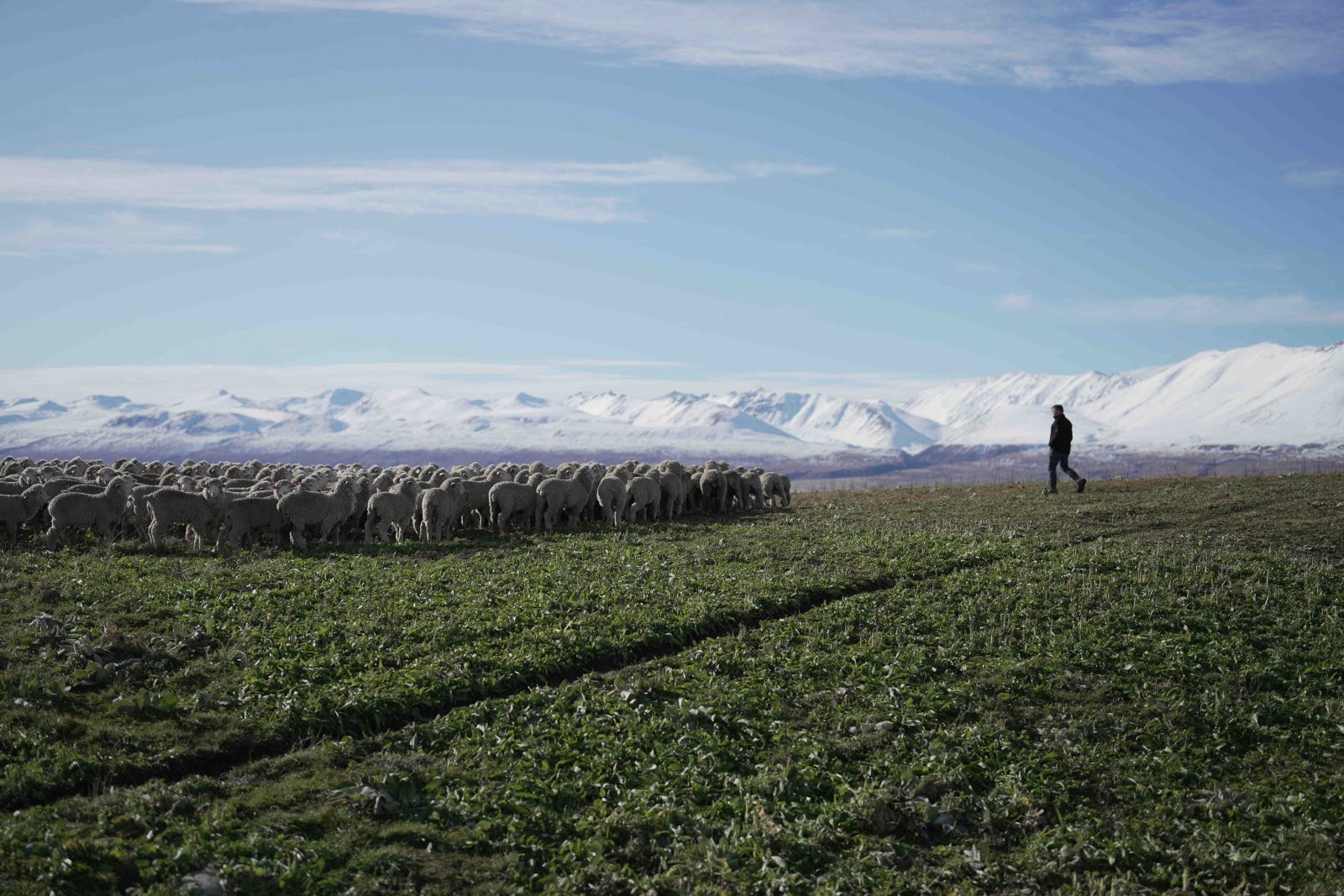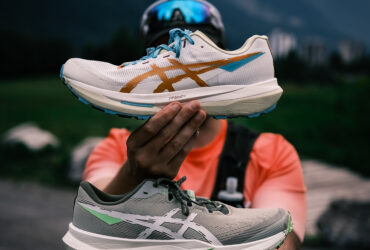Born from a desire to limit the use of petrochemical fibers in clothing, Icebreaker has been offering merino clothing for over 25 years, which has seduced even the most illustrious of explorers: Mike Horn.
"When I started Icebreaker, I was 24 years old, I didn't have a penny in my pocket and I didn't really know what I was doing." It was in New Zealand in 1995 that Jeremy Moon launches and founds the brand that has become a reference in the use of merino wool. Pioneer in the ethical and sustainable production of natural performance clothing, Icebreaker has always followed the wishes of its founder. "After an unexpected meeting with a Merino sheep breeder, something clicked inside me," adds Jeremy Moon. "A passion was born. From that moment on, integrating natural solutions into technical clothing became an obsession."
This obsession has resulted over the years in a wide range of garments designed from the ground up with the precepts of regenerative agriculture. The latter aims to promote biodiversity, protect water cycles, improve soil health and reduce carbon emissions. As we know, soil needs carbon to thrive. If healthy, it can help remove carbon from the atmosphere and store it in the soil.
In concrete terms, Icebreaker has set itself the goal of being the first company in New Zealand to produce wool in a regenerative way with its Merino farms, like the one at Omarama (see below) in the western part of the South Island. There, with their 19,000 sheep, farmers Richard and Annabelle Subtil strive to regenerate the land for future generations. To help them achieve this goal, Icebreaker has teamed up with The New Zealand Merino Company and their ZQRX program, which enables merino farmers to grasp the complexity of their livestock, soil, climate, ecology and community in a holistic approach.
The ZQRX program also involves a ZQ regeneration index that merino farmers use to measure and reduce their impact on waterways and native species, their CO2 emissions, and to enhance local communities. In its latest transparency report designed to build consumer confidence and promote transparency and sustainable business practices within the industry, Icebreaker points to actions taken by Omarama Farm such as covering preserved grass with lime rather than plastic. These New Zealand farmers also use horses for transportation rather than tractors, while the sheep are free to roam in open pastures with a shaded area and shelter. Three-quarters of the electricity they produce is exported to the grid. Finally, the ranchers' efforts also go into soil preservation and diversity, essential to providing good feed for their livestock, like this one below from Godley Peaks Farm.
In addition, Icebreaker has also been working since 2018 to completely eliminate unnecessary plastic from its technical clothing. While 84% of the fibers used by the brand were natural or of plant origin in 2018, Icebreaker has now moved to a rate of 95%. The remaining 5 % of synthetic fibers meet specific and necessary needs, such as adding much-needed elasticity to underwear and socks. And who better to promote the company's products and values than Mike Horn. The South African and Swiss adventurer uses the brand's merino wool garments on his various expeditions, boasting in particular that wool keeps the body at the same temperature, even when wet. Visit us at this address to find all the Icebreaker products offered on Private Sport Shop.










